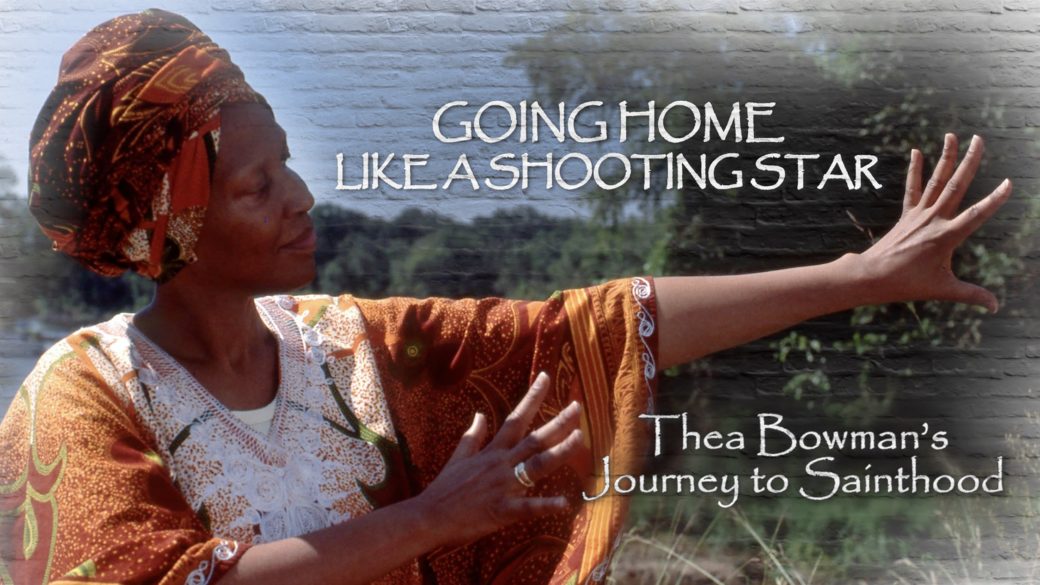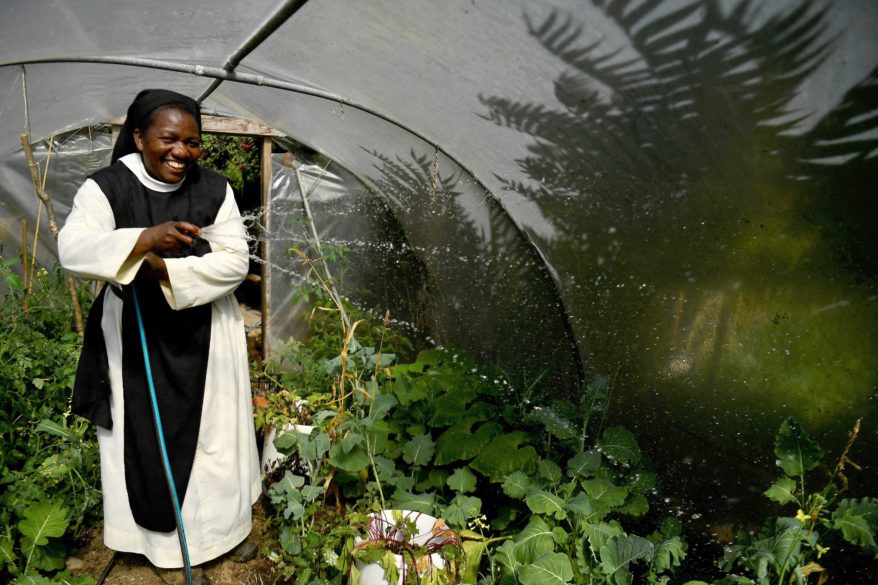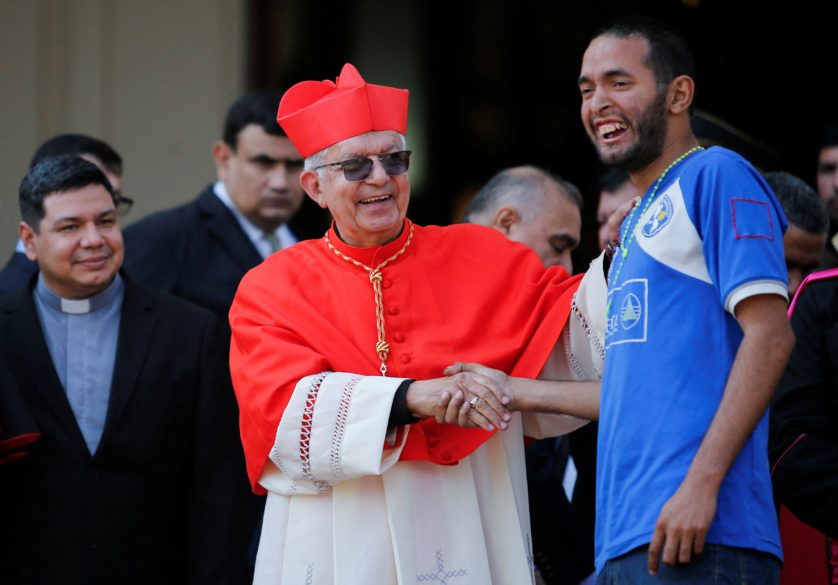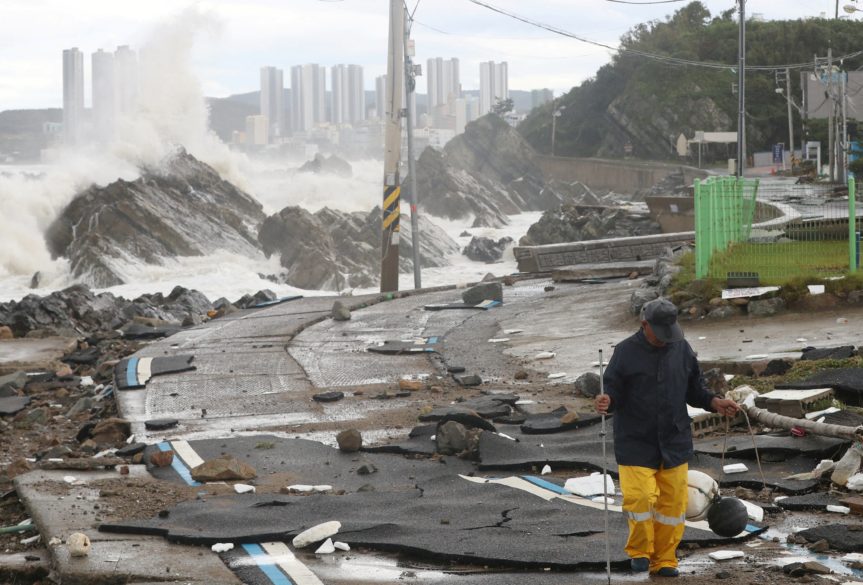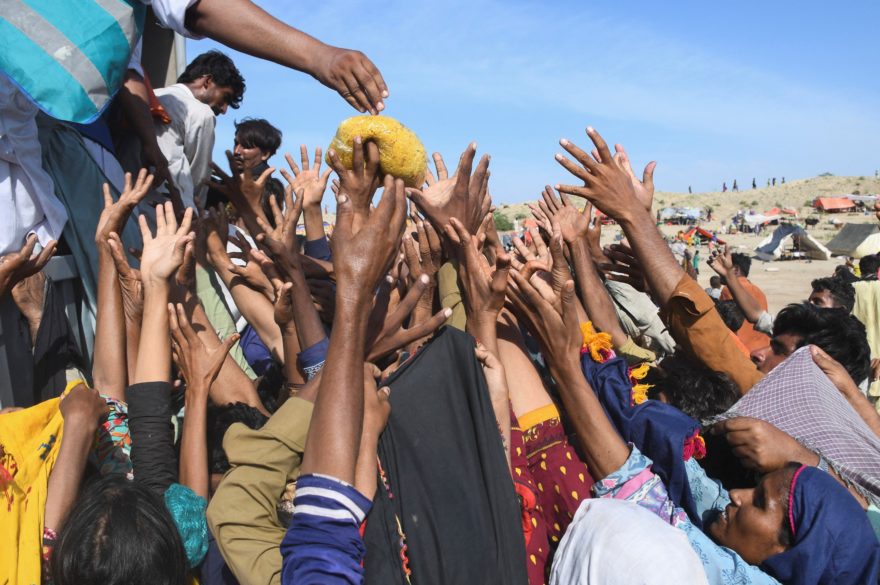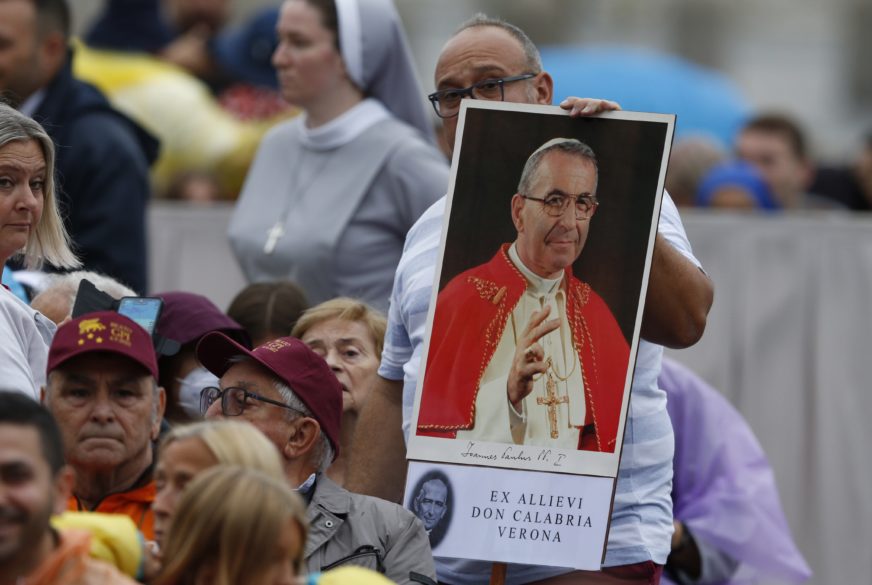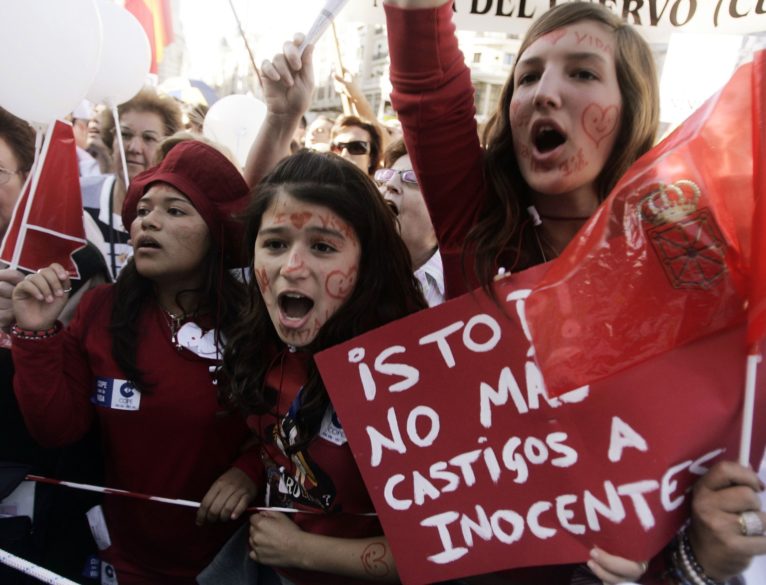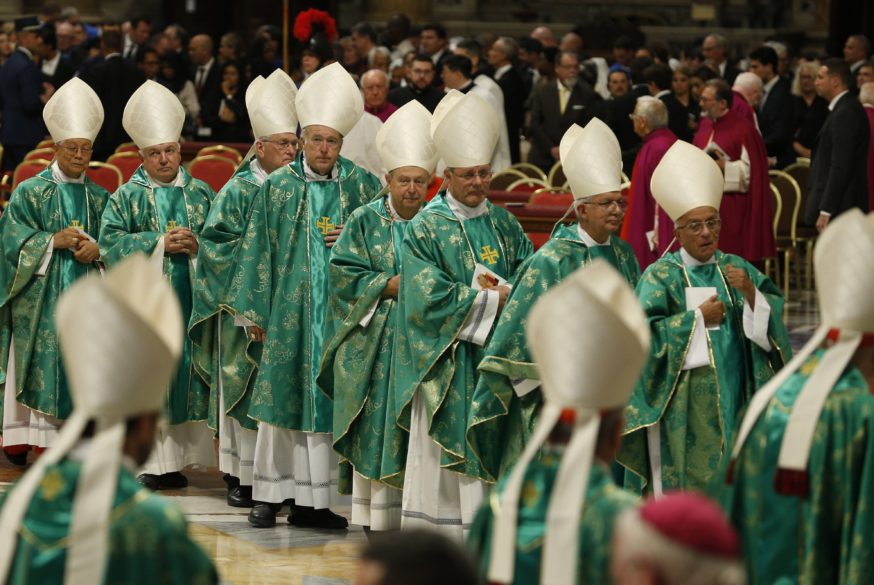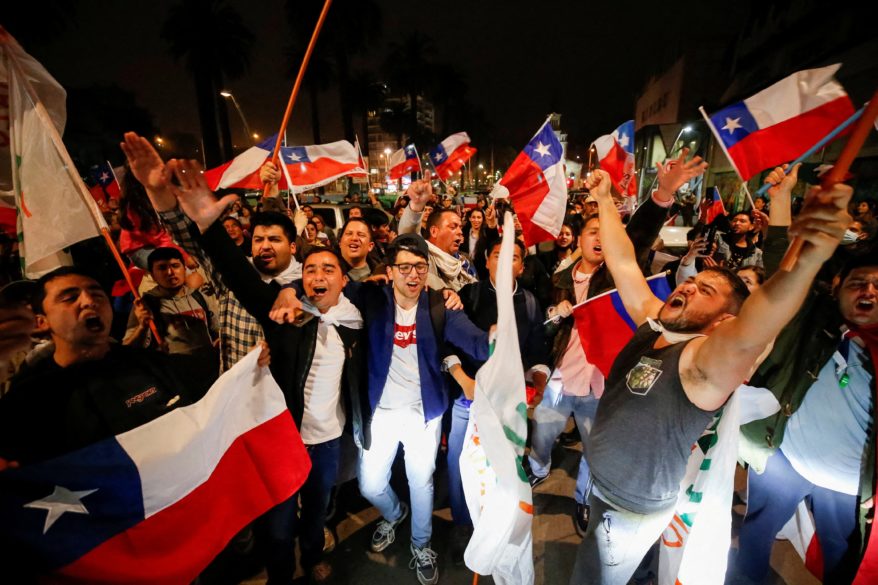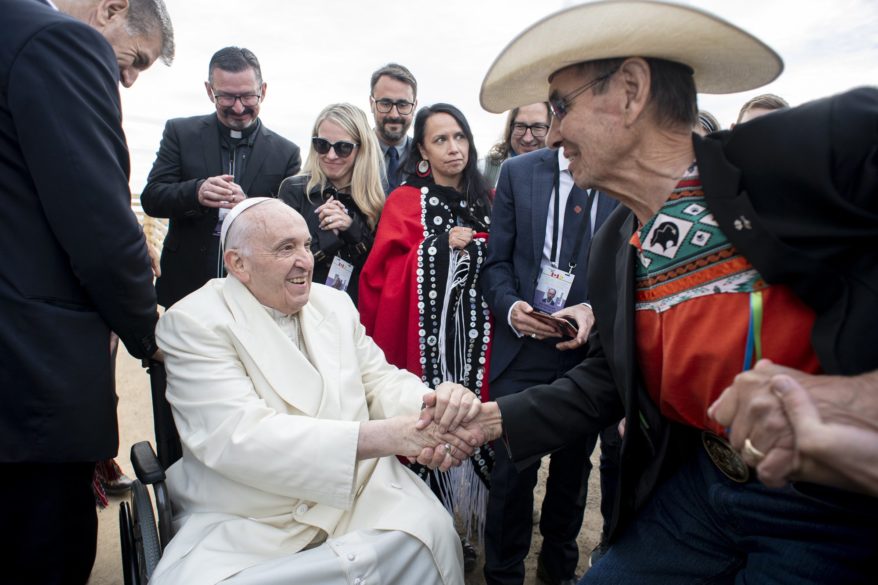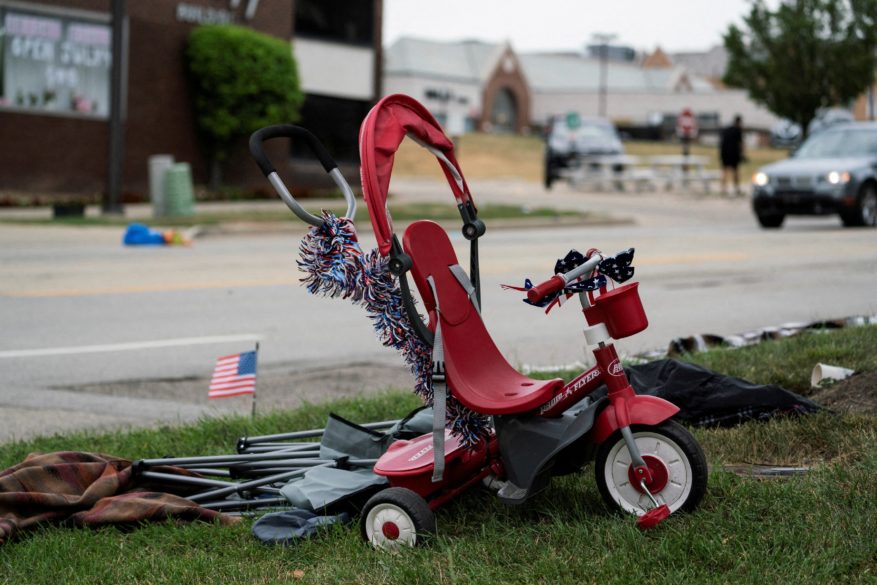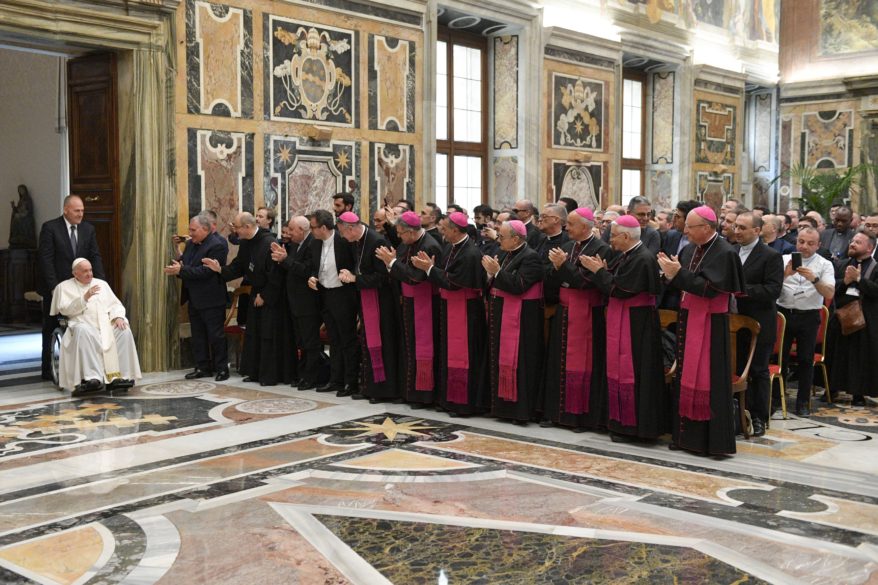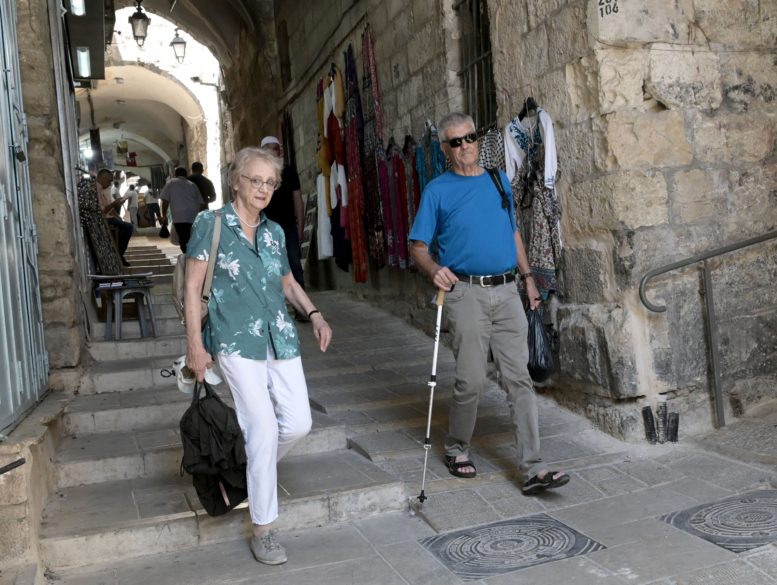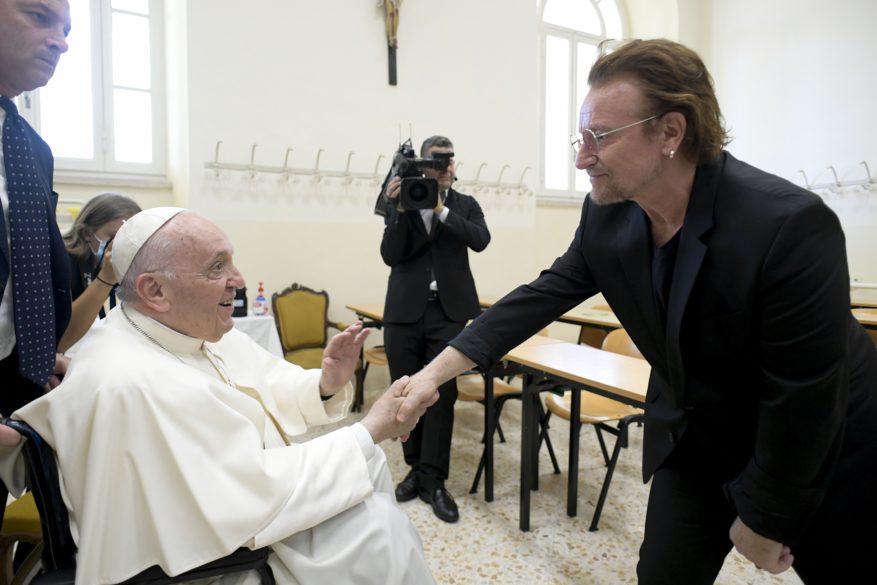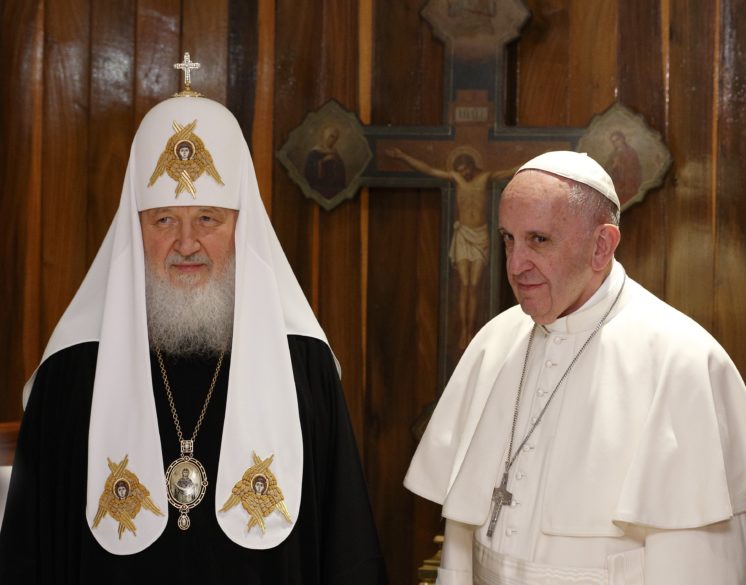Por Carol Glatz
CIUDAD DEL VATICANO (CNS) – Calificando el abuso sexual como “diabólico” y una “monstruosidad”, el papa Francisco recalcó que hay “tolerancia cero” para aquellos en la iglesia que son culpables de abuso.
“Algo que es clave es la tolerancia cero. Cero. Un sacerdote no puede seguir siendo sacerdote si es un abusador. No puede actuar (como sacerdote) porque está enfermo o es un delincuente”, expresó el papa en una entrevista con CNN Portugal.
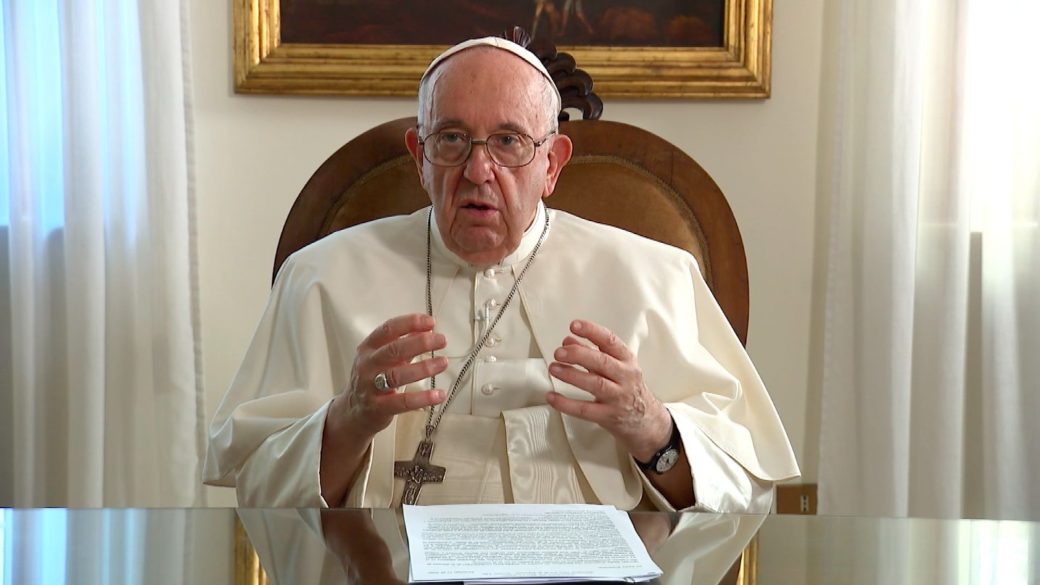
“Si es un sacerdote, está ahí para llevar a la gente a Dios y no para destruir a la gente en el nombre de Dios. Tolerancia cero y no debemos quedarnos ahí”, manifestó.
La larga entrevista se grabó el 11 de agosto en el Vaticano y se transmitió en dos segmentos durante dos noches, los días 4 y 5 de septiembre. CNN Portugal proporcionó a los reporteros en el Vaticano una transcripción de la entrevista en español.
La entrevista abarcó una amplia gama de temas, como la liturgia, el rol de la mujer, la importancia del diálogo, la sinodalidad, la vida de oración, y la Jornada Mundial de la Juventud, que se celebrará en Lisboa, Portugal, del 1 al 6 de agosto de 2023.
Se le preguntó al Santo Padre sobre el enojo que la gente puede sentir hacia la iglesia por los abusos cometidos por algunos de sus miembros y cómo se manejaron esos casos.
“El abuso por parte de hombres y mujeres de la iglesia — abuso de autoridad, abuso de poder, y abuso sexual — es una monstruosidad porque el hombre o la mujer de la iglesia, ya sea sacerdote, religioso, o laico, fue llamado a servir y crear unidad, para fomentar el crecimiento, y el abuso siempre destruye”, sostuvo el papa.
La mayoría de los abusos ocurren y permanecen ocultos en las familias, acotó, y se estima que el 3 por ciento de los abusos denunciados fueron perpetrados por miembros de la iglesia, una cifra que aún es demasiado alta, dijo el papa.
Incluso si hubiera un solo perpetrador, “es una monstruosidad”, dijo. Desafortunadamente, la cultura del abuso está muy extendida en el mundo, pero “yo miro esto que existe (en la iglesia) y que yo soy el responsable de que no vuelva a pasar, ¿no?”.
CNN Portugal preguntó al Sumo Pontífice sobre sus esfuerzos para mantener el diálogo con los líderes de Ucrania y Rusia.
“Siempre creo que, si hablamos, podemos avanzar”, señaló.
Hablando sobre el papel de la mujer en la iglesia, en particular el nombramiento de varias mujeres para los principales puestos del Vaticano, dijo que esto no indicaba algún tipo de “tendencia feminista”, sino que era “un acto de justicia culturalmente descuidado”.
“Yo no inventé esto (la contratación de mujeres en el Vaticano). Ha estado ocurriendo durante los últimos 20 o 30 años y se está implementando lentamente”, dijo.
Hablando de la Jornada Mundial de la Juventud, el entrevistador le dijo al papa que los jóvenes y el mundo esperaban con ansias su visita el próximo año y su mensaje.
“Planeo ir. El papa irá, o Francisco o Juan XXIV, pero el papa irá”, dijo entre risas.

